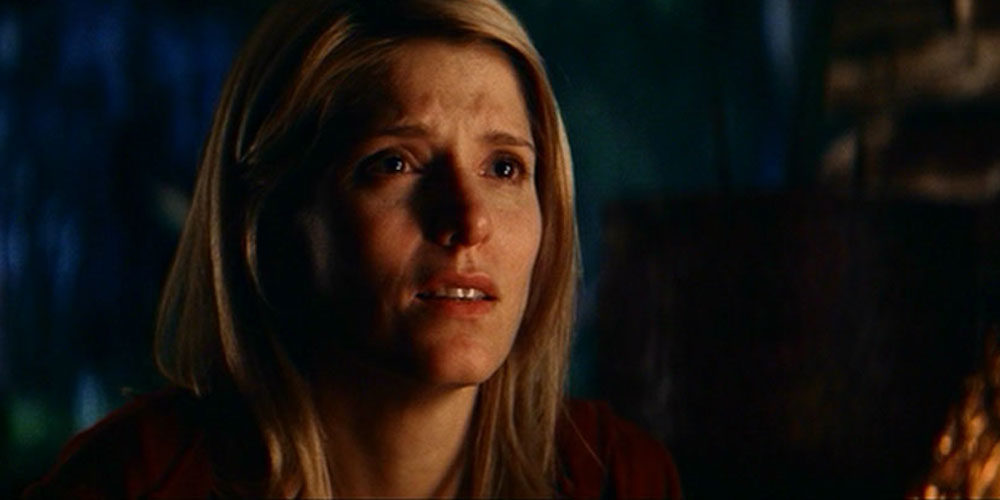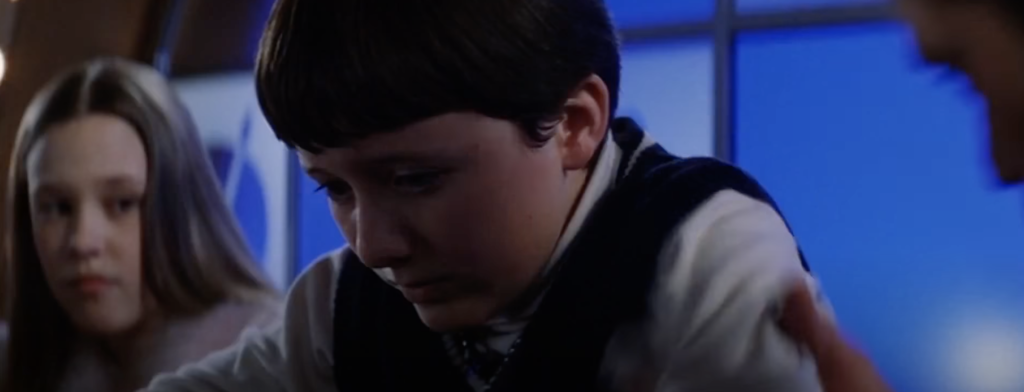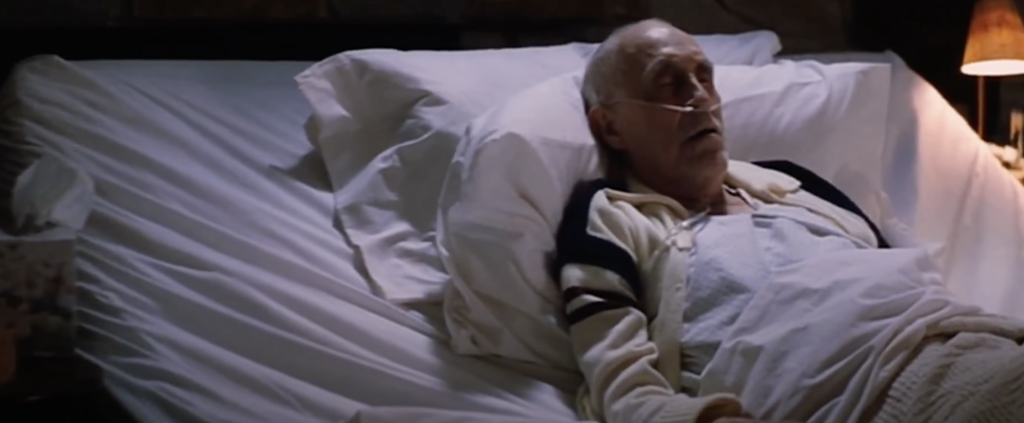Entitlement and the Food Industry in 'The Menu'
'The Menu' has a strong story. The 5 acts, which are defined by the courses, are an excellent subversion of the classic 5-act film structure.
Incluvie Foundation Gala - Learn More


Magnolia (1999) is an ensemble film that presents many different people with similar experiences of trauma and abuse. The film’s thesis focuses on how one’s childhood and trauma relate to their confidence and sense of self.

Frank TJ Mackie, played by Tom Cruise, is a misogynistic, eccentric dating guru. At first glance, one would assume Mackie is a one-dimensional, comedy-focused character, but as the story continues, we learn that he is much more multifaceted. We find out that Mackie was abandoned by his father and left to care for his dying mother, leaving him with a cynical hatred that he takes out through his work.

Donnie Smith, played by William H. Macy, is a washed-up former child game show winner who had his fortune stolen by his parents. One of his most important scenes includes Smith bickering with an older man (Thurston Howell) over Smith’s obsessive crush on a young male bartender. Macy’s character has been infinitely affected by his childhood. His obsession and insecurity come directly from the robbery of his wealth.

Claudia Wilson, played by Melora Walters, is possibly the best example of childhood trauma affecting our many protagonists. Claudia’s molestation is a huge factor in how she functions in the modern day. In an attempt to cope, she uses drugs and attempts to sabotage her relationship with John C Reiley’s character in order to stay alone.

Stanley Spector, played by Jeremy Blackman, is similar to a younger version of Donnie Smith. Spector is also a contestant on a game show. Unlike the rest of our protagonists, Spector is still a child. He is still processing his trauma and attempting to cope with it at the moment. Spector’s father forces him to continue on the game show and extorts him for monetary gain. This character shows us a child’s first-hand experience of an abusive parent, rather than the aftermath.

Earl Partridge, played by Jason Robards, is the father of TJ Mackie. Partridge cheated on his wife and left his family after his wife’s fatal cancer diagnosis. The juxtaposition of showing Partridge, the abuser, and Mackie, the victim, is interesting because we see the effects of the abuse on both father and son. Partridge is riddled with regret, even to his death bed while Mackie is powered by hate and disdain. Seeing the two reconnect and grieve is a powerful conclusion of forgiveness and pity.

Traditionally in classic Hollywood style filmmaking, scenes are meant to progress from wide, establishing shots to medium shots to close ups in order to help the audience understand where the action is taking place, then slowly move them in as the emotion comes to the forefront. At the beginning of Magnolia, we see many wide shots and push-ins, then they slowly transition towards close-ups with a shallow depth of field. This cinematography presents the same thesis as the plot does. Although the characters are all dealing with separate trauma, they are all together in their struggle.
“But it did happen.” A jarring push-in and zoom presents to the audience that Claudia was truly molested. This is a huge scene in the film. Throughout the film, we as an audience question whether Jimmy Gator (Philip Baker Hall) molested his daughter due to his denial, but this scene presents us the truth straight from the filmmaker. A scene like this must have impactful cinematography to match the subject matter. The push-in, tilt-up, and extreme close-up reveal of the text leaves the audience in awe and shock at the truth.

“It’s not going to stop til you wise up…” A lyric that rings true throughout the film, especially in the musical scene where, in a moment of catharsis, the cast sing along to the Aimee Mann song “Wise Up.” This song helps the audience better understand the situation these characters face. They have all reached a point of pain and anguish but have the means to better their situations. They have reached a point where they must literally push themselves to “Wise Up.”
“Save Me” is a song played at the conclusion of Magnolia once the characters have gone through the climax. Just as the lyrics suggest, our characters have been saved from their pasts. Partridge was able to reconcile with his son before death; Mackie was able to release his anger towards his father; and now that her mother knows the truth and she has found someone who truly loves her, Claudia is able to accept herself and her trauma. Just like the movie’s conclusion, this song states that our trauma does not control us and we can overcome it through dedication and love.
Magnolia shows us that our trauma does not define us. Although all the protagonists in the film are deeply damaged by their childhood, by the end of the film they are all able to accept and overcome their trauma. This is why I consider Magnolia to be one of the best films I have seen. It deals with a very human subject of childhood trauma and one’s personality relating to it, which is something nearly everyone can relate to.

Related lists created by the same author
'The Menu' has a strong story. The 5 acts, which are defined by the courses, are an excellent subversion of the classic 5-act film structure.
Related diversity category
This Japanese Anime movie is about Kanna, a young girl who sets on a quest across Japan to discover her true identity.
Related movie/TV/List/Topic
In 'Maestro,' we're left with an impression but not with an understanding of the main character.